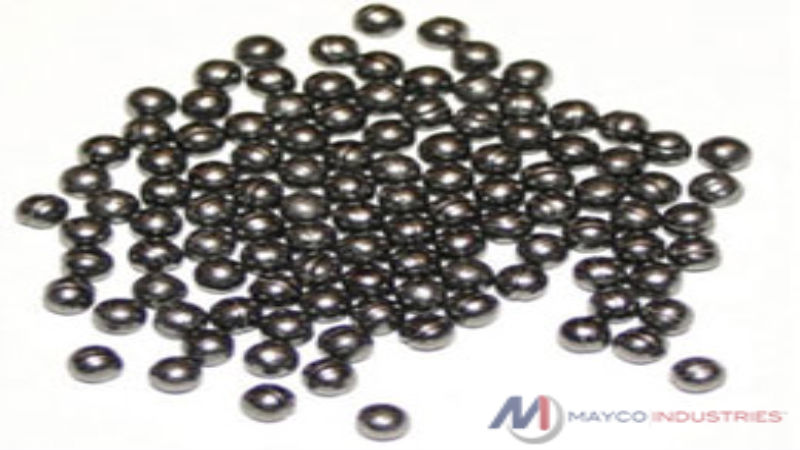If you need glass for radiation protection, you should consider lead lined glass. It’s also called x-ray glass, and this kind of glass needs to offer maximum protection while still giving the medical professional a clear view of what’s going on. Let’s check out some of the best options to consider when you shop for protective glass.
Lead and Barium
The best X-ray radiation shielding has both barium and lead. Barium is a heavy metal like lead, and its density makes it an excellent radiation shield. In fact, barium sulfate is a common material used for patient x-ray diagnostics. The patient drinks the barium solution, and it highlights parts of the digestive tract as it passes through. This gives doctors and radiologists a view inside the human body, not possible before.
Lead lined glass with barium allows for transparency, yet still, delivers as much as 300 KV of protection. This is a lead equivalency of 5/16th of an inch. Of course, if you need even more protection, you can buy materials with higher equivalence.
Caring for Your X-ray Glass
It’s important to take proper care of your glass, so it maintains the best protection. For example, when cleaning, you shouldn’t use any soaps or cleaning chemicals. In fact, the manufacturer recommends pure water with a soft cloth.
One needs to exercise caution when disinfecting and exposure to ultraviolet light is a good option. You should not use any alkaline, or acidic solutions on or near your lead lined glass. If you place labels on the surface, they may stain the glass. The manufacturer suggests leaving the protective plastic film on the material until just before the installation process.
Always choose a trusted source for all your radiation shielding products and materials. They’ll give you the right frame selections and answer all your questions.


